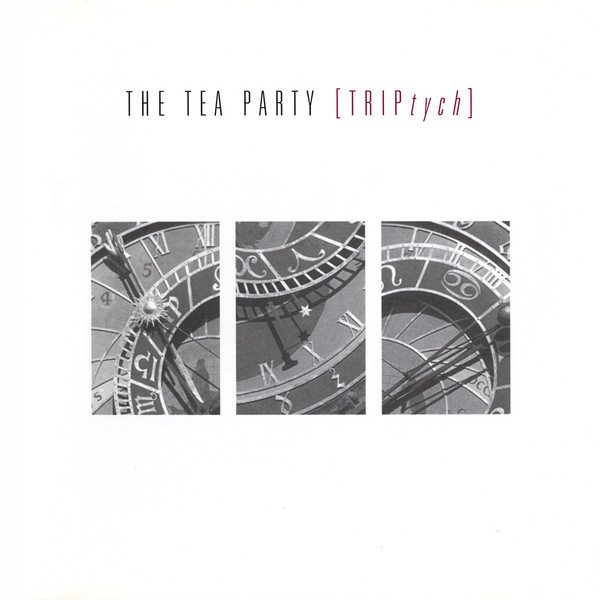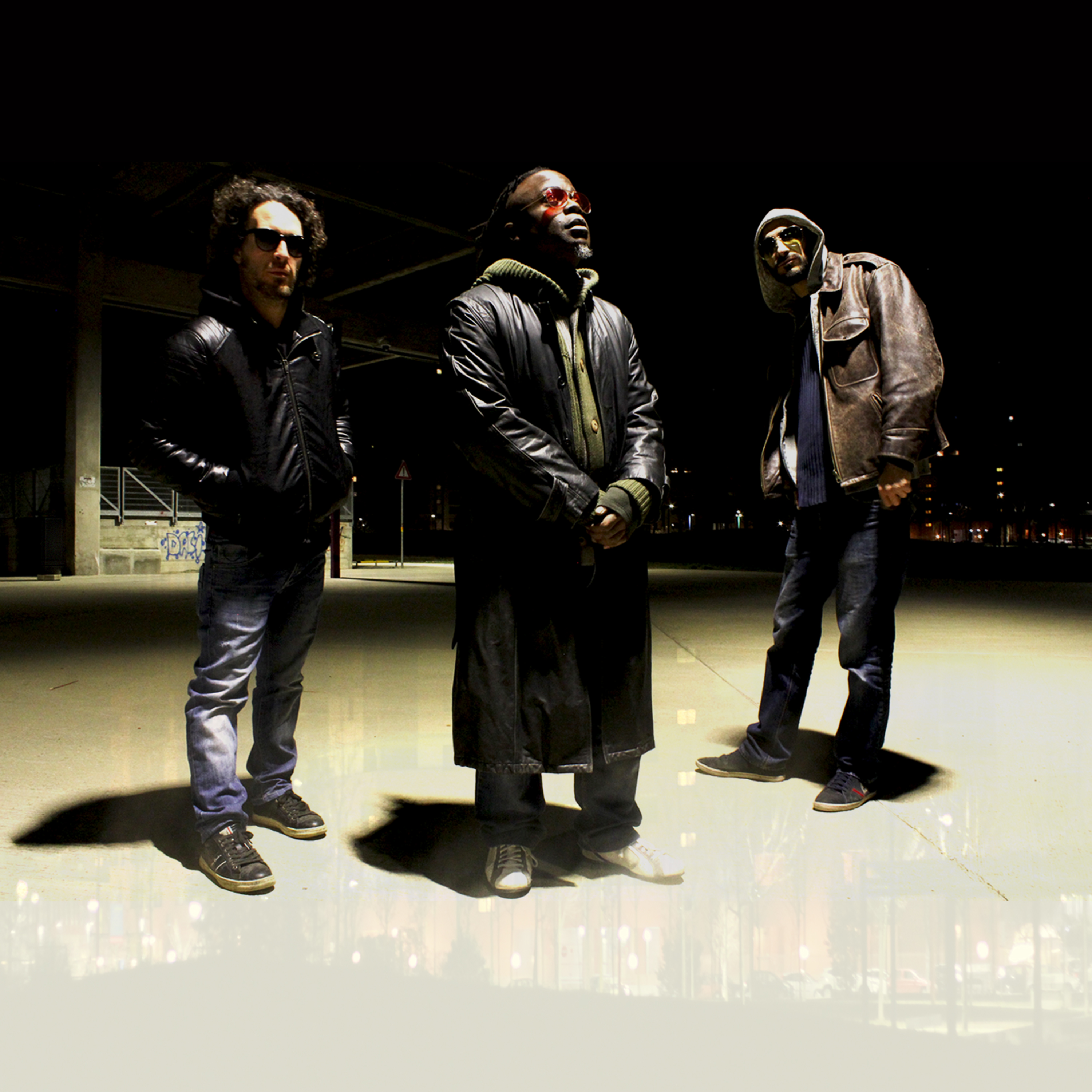The Desert Island Disc Challenge: ‘Triptych’ – The Tea Party
Editor’s note: As part of CMN’s ongoing music journalism program, we asked our team of music writers to take on the age-old challenge of choosing one piece of music they would like to have with them if they were stranded on a deserted island. It’s an absurd notion, but also irresistible. See all the different approaches they took to the challenge right over here.
In 1999, when the Canadian rock trio The Tea Party released their fifth album Triptych, the music world was saturated with pop: Britney Spears, Backstreet Boys and N’Sync, to name just a few.
That year, I found peace away from the pop hype in the Tea Party.

Upon first listen to this album, I thought it could be a record that would revitalize the music scene and make the public crave rock and roll angst again, but I was wrong.
The crossover for the band to the rock mainstream may have been a difficult one, but in my mind, this is the album that revolutionized the rock scene. So, if I could only bring one album with me to a desert island is Triptych.
This is my coming of age album.
When I was nineteen, I couldn’t understand what was going on in the music scene. Why wasn’t there a Nirvana for my generation?
In the Tea Party, at last there was, but it was my little secret. This band could have made an impact like a tsunami, wiping out the pop and rap metal scene of the late 90s with one strum of Jeff Martin’s guitar strings. Drummer Jeff Burrows and bassist/keyboardist Stuart Chatwood complete the trio that became one of Canada’s most revered rock bands.
The Tea Party, based in Toronto, formed out of a jam session. Their first few albums explored psychedelic blues-rock. The band was dubbed Moroccan roll based on their Middle Eastern influences.
It was not until 1999 though that they decided to take a more modern approach to their sound and blend blues with industrial undertones. Triptych’s opening track “Touch” meshes blues-rock and industrial churn and sucks you in from the get go. The sound of the guitars are very innovative and Martin’s voice howls out the lyrics: “Now love don’t make a sound/reach down and touch the ground.”
The next track, “Underground,” flows into the Middle Eastern sound that the band is known for, with Martin’s haunting distorted vocals leading the song. The album continues a reinvention that excites the living daylights out of me.
Things slow down a bit midway with the classic sounds of “Heaven Coming Down” and a cover of Daniel Lanois’ “The Messenger,” both songs a staple of their live shows.
The Tea Party’s writing on this album boasts the confidence that deserves the same respect as Nirvana got when they ruled the world. Don’t misunderstand me, this band may be a trio, but they are nothing like Nirvana. But they could have had the same impact as Nirvana did on the scene, but with a larger magnitude.
The album closes out with the lament of “Gone”. It is a song about a relationship in mourning. Martin solemnly sings over strings, “I think she’s gone again”.
The band had the maturity both in their songwriting capabilities and in musical prowess to overcome the sad state of the music industry at the end of the century. Their music is ever evolving — whether it be the world music, earthy rock they began with, or the industrial blues-rock that has brought them full circle. That is one reason I have come to respect their music.
The Tea Party stands their ground in originality and are one of the few bands that can produce tracks organically. And that is a rare thing in today’s American Idol pop culture.




